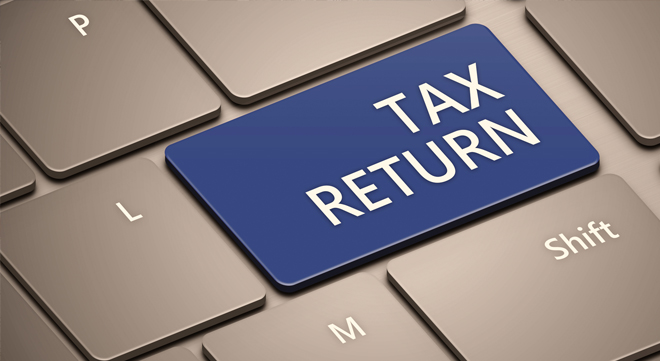It seems the South African Revenue Service (Sars) is taking the late and non-filing of tax returns very seriously this tax season. Did you receive a bill for penalties this tax season? If so, Puleng Mothabeng and Louis Botha of Cliffe Dekker Hofmeyr explain why.
During the 2022 tax season a lot more taxpayers were automatically assessed for their taxable income by Sars.
The auto-assessment system was introduced by Sars a few years ago to, among other things, make it easier for individuals to file income tax returns.
A so-called auto-assessment is generated on the basis that all the income that accrued to or was received by an individual taxpayer during a particular tax year is reflected in third-party data provided to Sars by, for example, banks, fund administrators, insurers, medical schemes and employers.
From a more technical legal point of view, it appears that Sars’s legal basis for issuing an auto-assessment is section 95 of the Tax Administration Act (TAA), which states that Sars may make an original assessment based in whole or partly on an estimate if a taxpayer does not submit a return.
It is important to note that the auto-assessment generated may only be objected to or appealed against if there is compliance with section 95 of the TAA.
Read together, sections 95(5) and (6) of the TAA state that only if a taxpayer has requested Sars to issue a reduced assessment within 40 business days of the date of the estimated assessment (auto assessment), and Sars decides not to make a reduced assessment, can the objection or appeal be lodged.
Verify within 40 business days
As such, in the auto-assessment context, Sars’s stated intention before the start of the tax season was that once an auto-assessment was issued and the taxpayer was notified of it, the taxpayer would be given 40 business days from the date of the issuing of the assessment to verify its correctness and make any changes, if necessary.
It is therefore critical for taxpayers who receive auto-assessments to verify the correctness of the assessment as soon as possible after receiving notification thereof.
The period of 40 business days can be extended, and a taxpayer’s request must comprise the submission of a full and true return or relevant material. Sars will exercise its discretion to grant an extension only if “reasonable grounds” exist for an extension to be granted.
Failing to submit a return that is due or failing to submit one on time constitutes “non-compliance” as contemplated in section 210(2) of the TAA. In terms of section 210(1) of the TAA, if Sars is satisfied that non-compliance exists, it must impose the appropriate penalty in accordance with the table in section 211 of the TAA.
The penalty that is imposed by Sars will depend on the assessed loss or the taxable income of the taxpayer for the preceding year and works on a sliding scale. Therefore, taxpayers can find themselves paying from R250 a month and upwards for at least 35 months for failing to submit their tax return on time.
Disclaimer: The information in this article does not constitute legal or financial advice.



